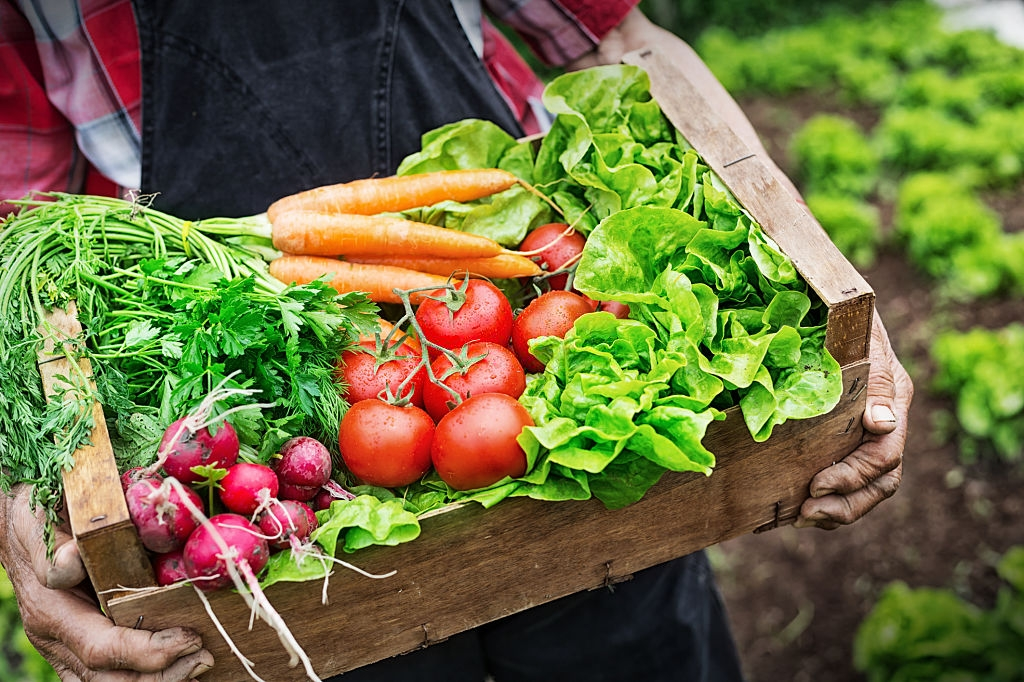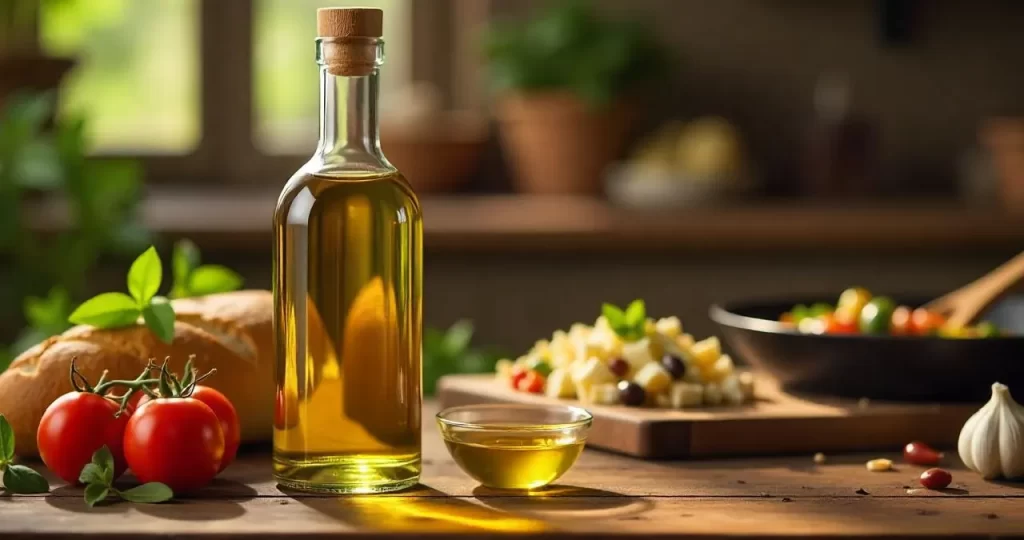Benefits Of Eating more Veggies in Diet

To attain a healthy life, all you need to focus on what you include in your daily meal plans. It’ swell said, you are what you eat. Hence, adding more fresh and whole food is mandatory to achieve all the best out of the diet and enjoy the best of it.
As per the best dietitian in Delhi, it is always suggested to eat plenty of fresh veggies in the form of salad, soup, curry, sautéed veggies, smoothie and much more. Best ways to veggies in diet will be suggested below blog which will help improve your health and overall well-being. So, before we get started here are few nutritional values intact with veggies. Have a look!
Nutrients Values and Benefits
- Typically, veggies are naturally low on the scale of fat and calories. Moreover, none of it has cholesterol making it the best source to add nutrients in daily diet.
- Vegetables are known to be the vital sources of vital nutrients such as vitamin A, vitamin C, potassium, folate (folic acid) and, dietary fiber.
- A diet rich in potassium aids in maintaining healthy blood pressure levels. Vegetables that have significant content of potassium are white beans, white potatoes, sweet potatoes, soybeans, lima beans, lentils, beet greens, spinach, and kidney beans.
- Dietary fiber derived from vegetables leads to overall health that helps in reducing blood cholesterol levels and may also aid in lowering risk of heart problems. Moreover, fiber is important for appropriate bowel functioning. Generally, all the veggies can be categorized as fibber rich veggies that give the feeling to fullness with the least calories.
- Folate also is known as folic acid is the nutrient that helps in forming red blood cells. Especially, women bearing should add an adequate amount of folate from daily diet and an addition of 400 mcg synthetic folic acid from fortified food is required during pregnancy. This addition reduces the risk of anencephaly, neural tube defects and, spina bifida during fetal development.
- Vitamin A found in veggies protects the eye and skin from any kind of infection and keeps it healthy.
- Consuming vitamin C helps in healing the cuts and wounds and also keeps teeth and gums healthy. Not forgetting, vitamin C aids in absorbing iron as well.
Veggies You Shouldn’t Miss Out in Your Diet
If you are the one who is always regularly loading up the grocery cart when out for grocery shopping then here we are with a variety of veggies that you should not miss out in your diet. By adding the following veggies, your way towards a healthier and longer life is not so far to achieve. But what are vegetables you should reach out to first? Well, it is suggested to add all the veggies in the diet but few have major vital nutrients that should never be missed out. Researchers say, that adding dozens of vegetables laden with a particularly punch of nutritional value benefits the most. Hence, sneaking such veggies in the daily diet couldn’t be that simpler. That’s why we are here to put on the amazing green vegetables on the list.
- Beet Greens: Beetroots’ leafy tops are edible and brimming with vitamin K- linked with the benefits of lowering the risk of type-2 diabetes. One cup of raw beet greens offers approximately twice your daily requirement of vitamin K.
- Micro Greens: Nutritious things come in small packages with ample of health benefits. Baby versions of radish, cabbage, broccoli might seem small but are high in nutrients such as vitamin C and vitamin E as compared to regular mature plants.
- Beetroot: Beetroots are the leading source nutrient called nitrates, known as a natural source to maintain blood pressure levels. Other than that, it has to offer significant content of fiber including other essential nutrients to keep up the health.
- Spinach: This green is majorly known for the high content of vitamins C, vitamin A, and vitamin K including manganese. Adding one and half cups of this green leafy vegetable into your daily diet may help lower the odds of getting type-2 diabetes.
- Peas: One cup of fresh peas has impressive fiber content in it- 7.2 grams/ 1cup. Fiber in the diet gives the feeling of fullness while avoiding you to eat more. Also, peas are claimed to be good for the digestion and helps in lowering high cholesterol levels.
- Red Bell Pepper: Cousin of capsicum, red bell pepper is exceptionally nutritious. One medium-sized pepper delivers B-vitamins including beta carotene and twice of vitamin C as per daily dose.
- Broccoli: Broccoli belongs to the family of cruciferous vegetables. The same family from which kale, cabbage, cauliflower, and Brussels sprouts. Broccoli is a rich source of several nutrients that includes vitamin C, vitamin K, fiber, iron, and potassium states dietitian in Delhi.
Hope this blog must have fixed the answers you are looking for. Take inspiration and add the listed veggies in your diet along with other vegetables viable in the local markets.



